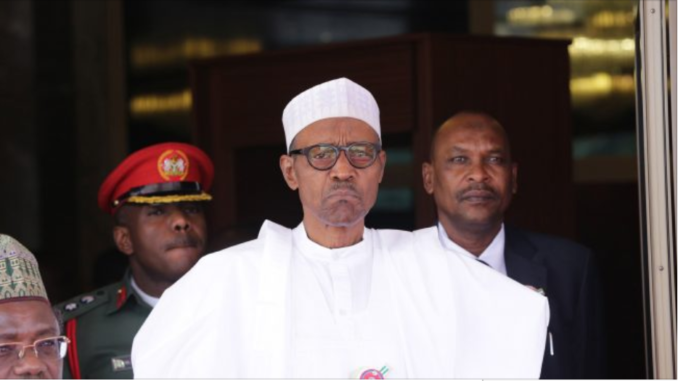
Recently, President Muhammadu Buhari announced his plan to expand the Federal Executive Council (FEC). Speaking during an address to the National Executive Committee of the All Progressives Congress (APC) at the party’s national secretariat in Abuja, the president said: “Last year, I said we would re-constitute the boards of parastatals. I must regret the fact that we have not done so, for many reasons. Some of us in this meeting may know I had given instructions since October 2015 for this exercise to start. But there have been inordinate delays through several committees in an attempt to get the balance right and to make sure all parts of the country are equitably represented. On the other hand, I am keenly aware that our supporters are very eager for these appointments to be announced. By the grace of God, these appointments will be announced soon. Especially now that the economy is improving, we will have the resources to cater for the appointees. By the same token, the compressed Federal Executive Council will be expanded to bring in more supporters at Federal Level, with fresh ideas to be injected into the government.”
To all intents and purposes, the logic behind the president’s statement is a very faulty one, which is why his announcement was not greeted with applause by Nigerians. When he constituted his cabinet in 2015, Buhari had merged some ministries and departments with a view to running a leaner and more cost-effective system. Among others, the hitherto separate ministries of Works, Power and Housing and Urban Development were, for instance, merged into a single ministry, as were the hitherto separate ministries of Aviation and Transport, which became Ministry of Transportation. The Ministries of Police Affairs and Interior were also merged. And speaking on why he allocated three key ministries (Power, Works and Housing) to a former governor of Lagos State, Mr. Babatunde Fashola (SAN), Buhari said in part: “The economic realities demanded that we merge ministries and we did.”
However, now that the economy has improved, in Buhari’s estimation, it is time to repay party loyalists with appointments. As he argued, “now that the economy is improving, we will have the resources to cater for the appointees.” In speaking of an improvement in the economy, the president was apparently referring to the country’s recent exit from recession. This is a specious argument. Besides, it is difficult to see the logic behind claiming that the alleged prodigal tendencies of the immediate past administration substantially accounted for the country’s slide into recession under this administration while at the same time consciously striving to surpass that administration’s spending records. If the country has just come out of recession, is burdening it with another layer of official consumption the way to go?
Each ministry and minister comes with a retinue of aides and hangers-on with huge overhead costs, so why expand the bureaucracy? Even the Minister of Finance, at some point, said the government was borrowing to pay salaries. If the economic realities demanded that the government should merge ministries in 2015, precisely what has changed now to warrant the expansion of ministries? While we are not necessarily disputing the fact that political patronage is part of any system, we are saddened that the government is planning to expand bureaucracy at the expense of the majority of Nigerians who voted it into office to better their lots.
In our previous editorials, we drew attention to the Debt Management Office (DMO)’s statement that Federal Government’s domestic debt rose from N8.51 trillion in March 2015 to N11.97 trillion in March 2017, an increase of N3.46 trillion. In the same period, external debt for both the federal and state governments also rose by $4.35 billion from $9.46 billion in 2015 to $13.81 at the moment. By all means, the proposed new ministers and ministries, when they come on board, will be living on borrowed money and adding nothing concrete to the economy, except the burden of bureaucracy. This is saddening because the country currently expends 66 per cent of its total revenue on debt servicing, leaving a meager 34 per cent for both capital and recurrent expenditure. It was against this backdrop that the World Bank and the International Monetary Fund raised the issue of Nigeria’s rising debt profile, warning of the dire consequences in the light of the falling price of crude oil, Nigeria’s main foreign exchange earner. Against this backdrop, it is difficult to understand precisely how the current administration intends to do things better than its admittedly prodigal predecessors. Indeed, while it can be said that previous administration wasted money, the nation at least earned that money. Now, the nation has to confront the ugly spectacle of spending money that is not there and piling fresh burdens on taxpayers and the lean federal purse.
Rather than expanding the FEC, what President Buhari should do is to weed out the non-performing ministers in his cabinet and plug wastes within the system. At the moment, government is no more than an oppressive and exploitative superstructure erected on the long-suffering and badly misgoverned populace. This has to stop.
END

Be the first to comment